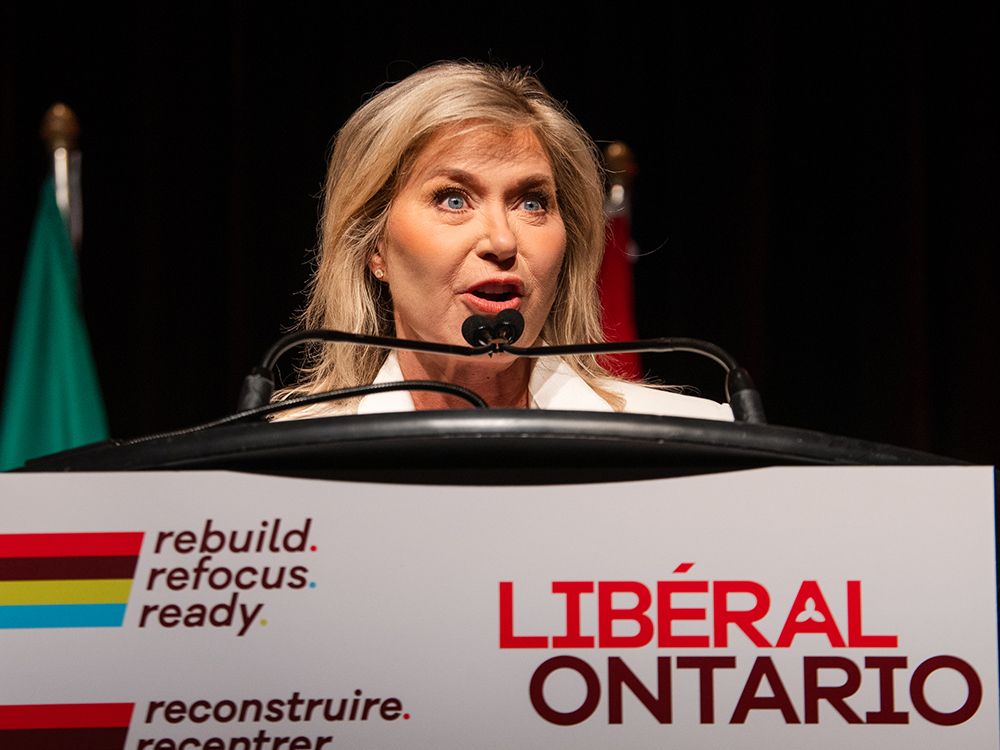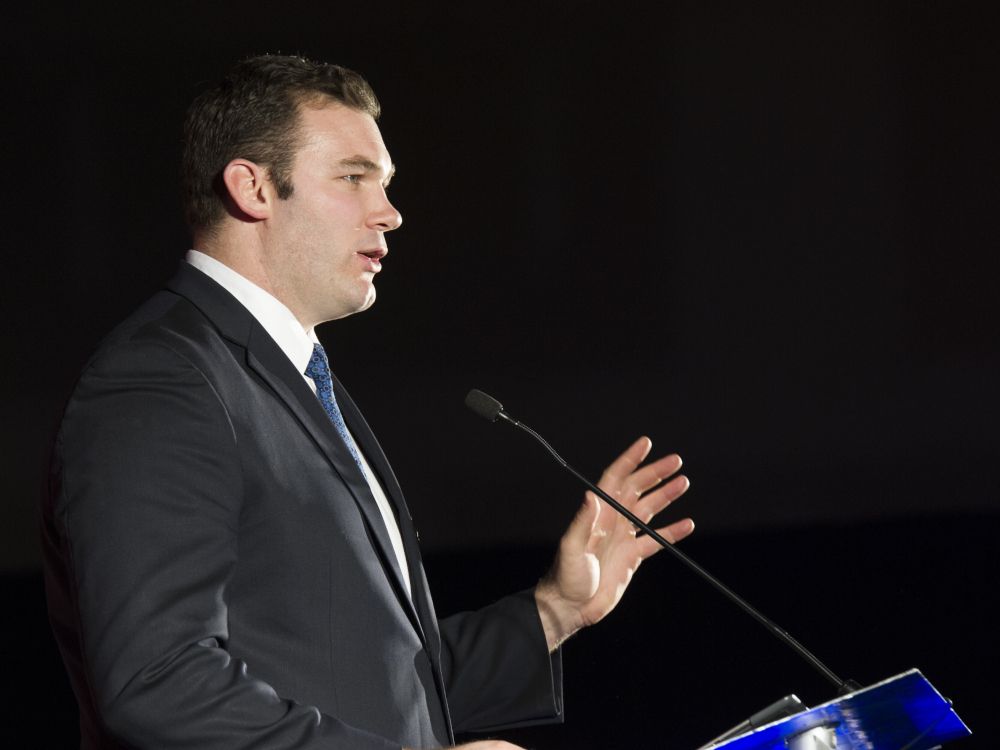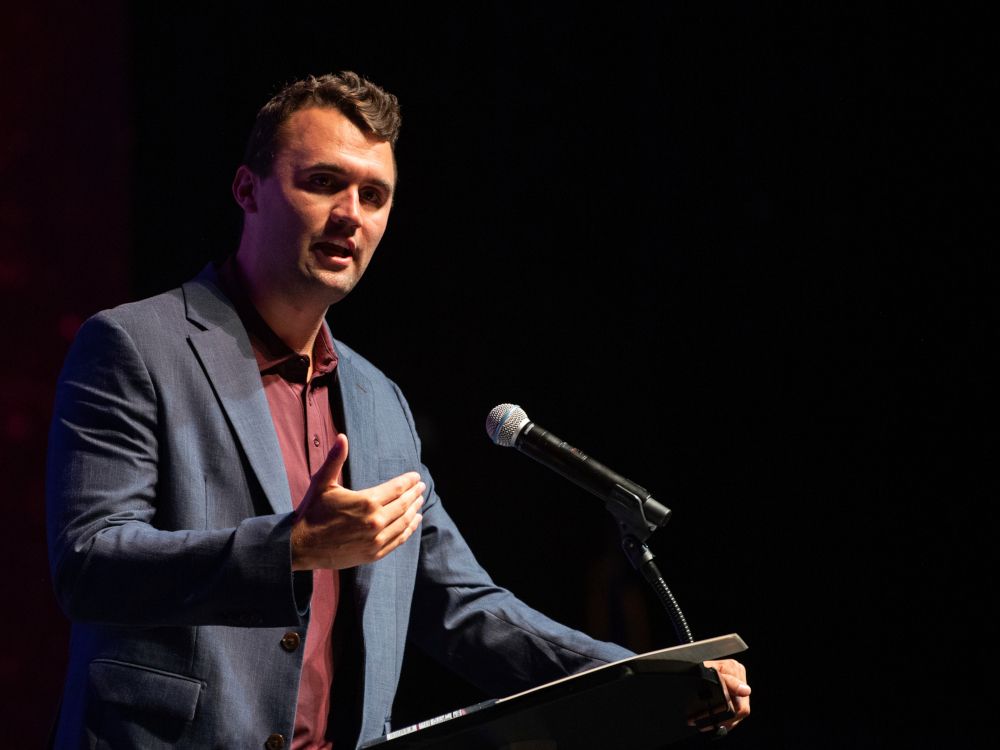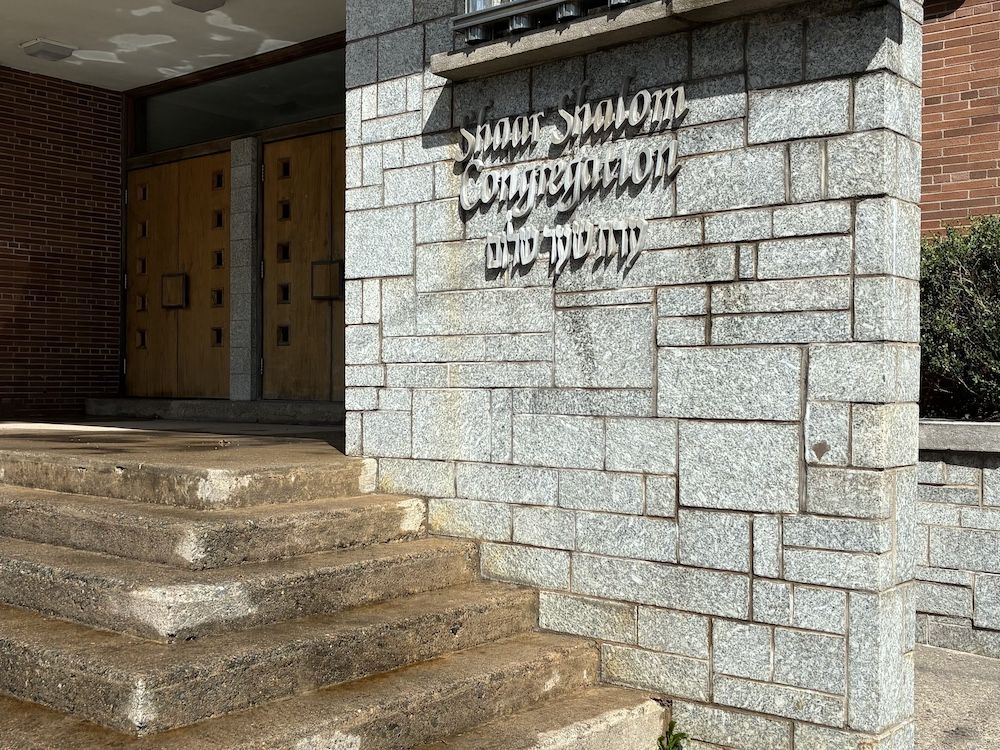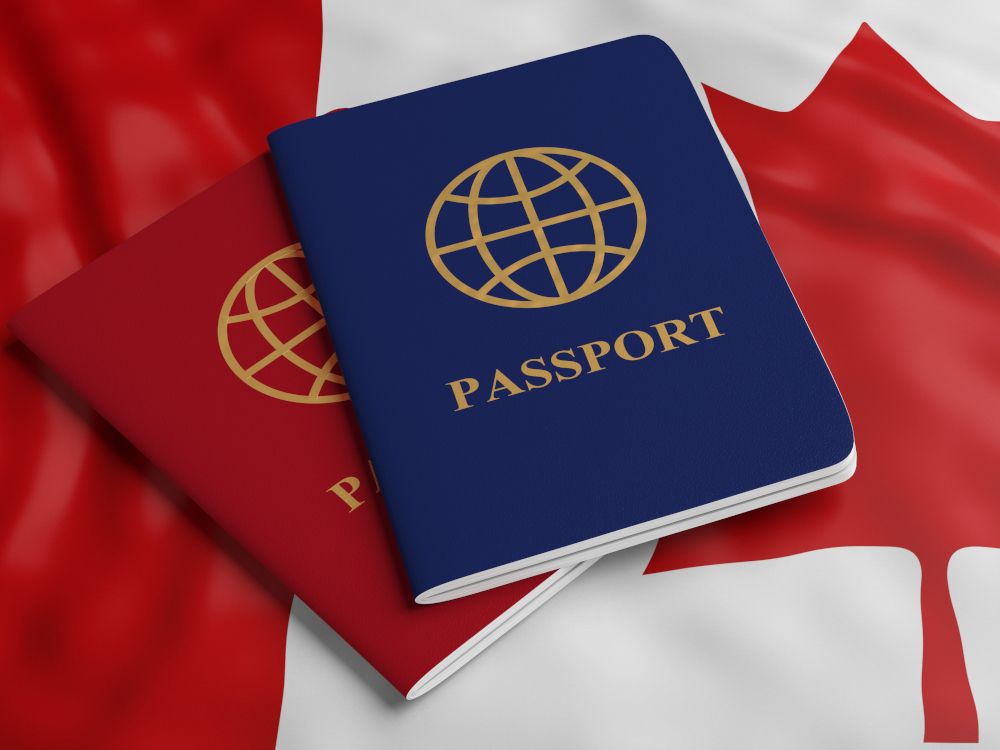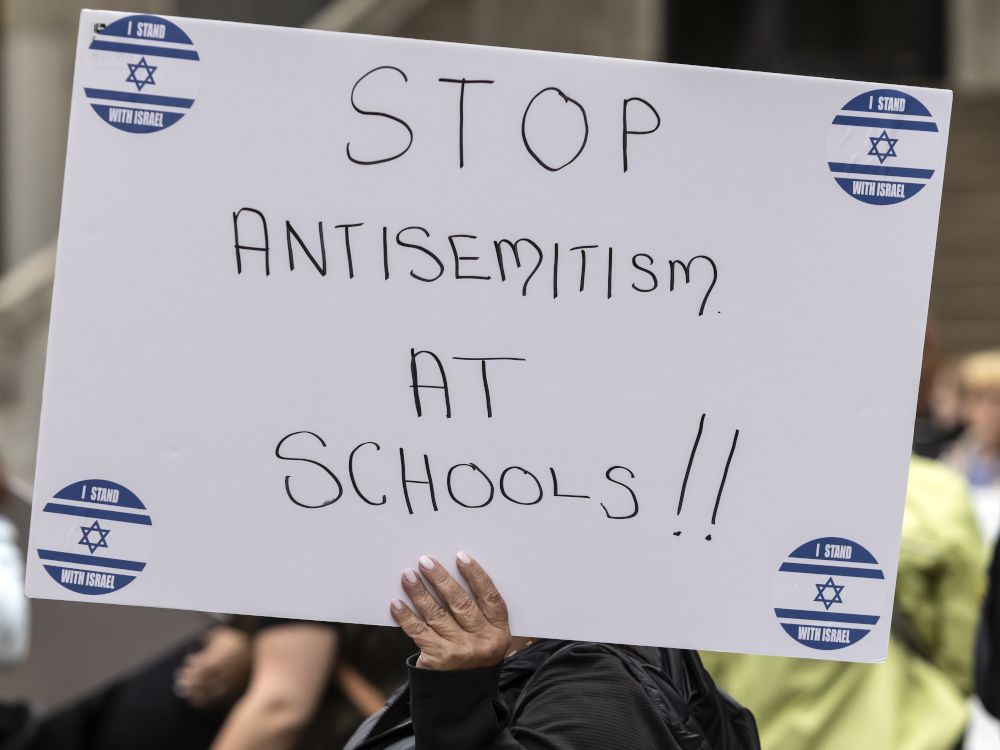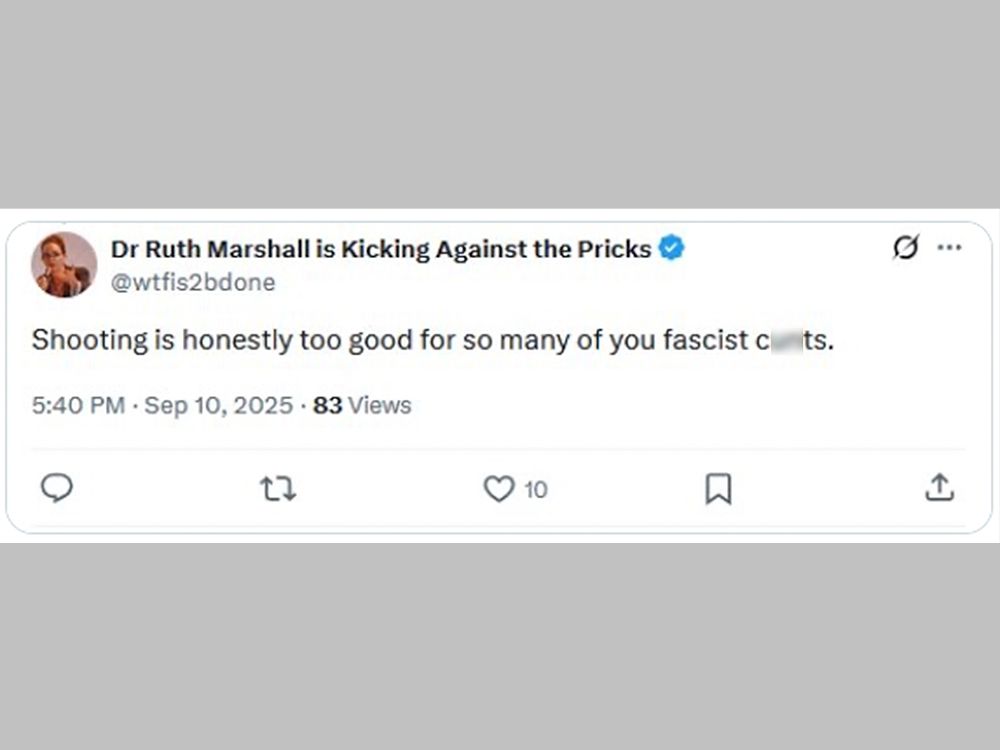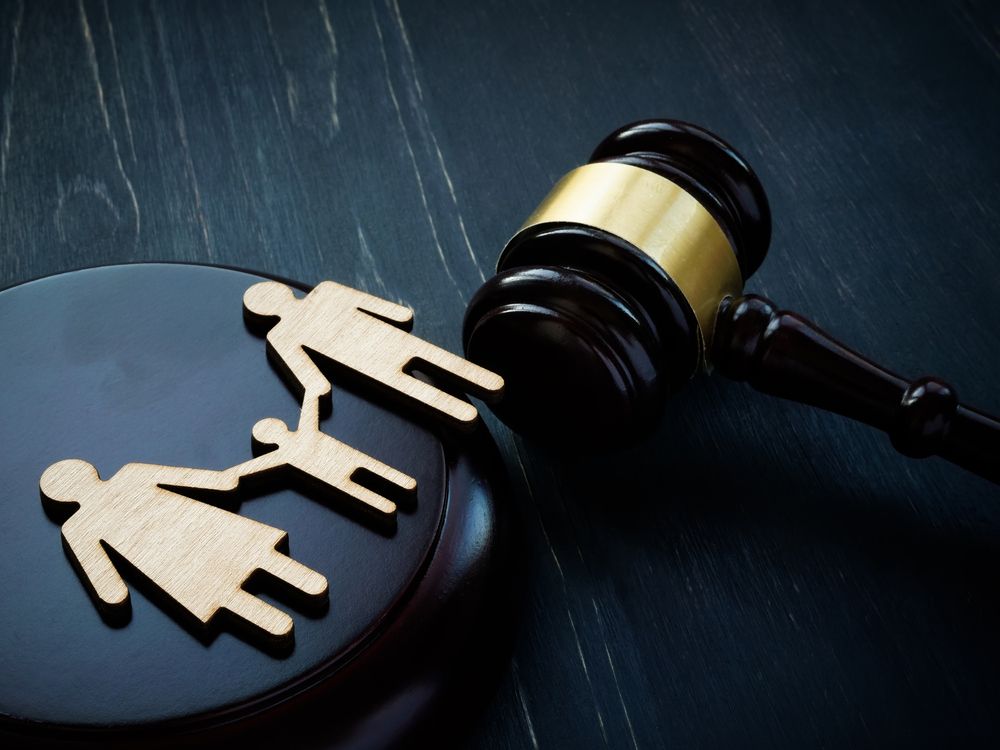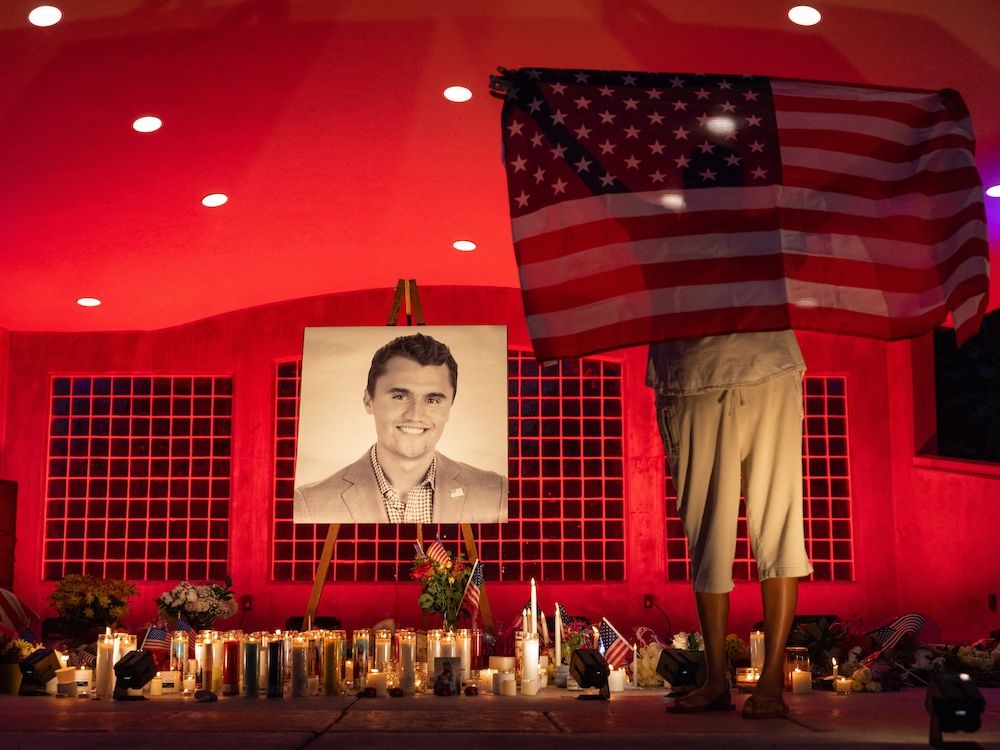
Technology has not only permeated our lives, but our government, as well. Foreign tech companies control the systems that allow government employees to communicate and store the personal data of Canadians. Now, an increasing number of decisions are being placed in the hands of opaque AI models. In a new series, international trade lawyer Barry Appleton explores how Ottawa’s lack of control over its IT infrastructure is eroding Canada’s digital sovereignty.
On a typical Monday morning, Canadian government epidemiologists log into their workstations. They are analyzing Canadian health data, shaping public policy for 40-million citizens. But the algorithms that process their findings were designed in California. The cloud servers crunching the numbers are subject to American law. Even when the data never leaves Canadian soil, it can still be accessed under Washington’s CLOUD Act.
The doctors likely do not know this. Their supervisor likely does not know this. The deputy minister who signed the cloud contract for the federal government probably does not know this, either.
To the public, the system looks Canadian: Canadian websites, government seals, the familiar language of service delivery. But the reality is stark — every click crosses a border into someone else’s jurisdiction, optimized for someone else’s interests.
These scientists think they are serving Canadian democracy. In reality, they are operating inside someone else’s jurisdiction.
This is sovereignty in the algorithmic age: not about soldiers at borders, but about who governs the cloud contracts, the inference engines and the artificial intelligence logic that quietly structures national decision-making.
Canada is losing jurisdiction and control — one system update and one procurement order at a time.
Your phone does not display a foreign flag. Your social media feed does not play another nation’s anthem. Your government portal is branded in familiar fonts and speaks the language of efficiency and service. But every time you scroll, tap, search or transact online, you cross a border into someone else’s jurisdiction, governed by someone else’s rules and optimized for someone else’s interests.
This is not an empire in the old sense of armies and territory. It is an algorithmic empire: a system of extraterritorial jurisdiction enforced not through military occupation, but through computational architecture, technical standards and embedded governance logic. It does not conquer land, it captures the infrastructure of decision-making. Canada is no longer sovereign within it.
Empires once built railroads. Now they build AI systems. And Canada has already surrendered its tracks.
The algorithmic empire
The algorithmic empire is a new kind of geopolitical power. It does not conquer territory. It governs through code. The empire is built on control of the digital infrastructure that societies depend on: cloud services that store and process government data; artificial intelligence systems that make decisions on visas, taxes and health care; recommender engines that shape what citizens see, hear and believe; and digital finance rails that move money across borders.
Through this infrastructure, foreign powers extend their legal and economic norms directly into Canadian life. It enforces laws, norms and economic preferences across borders without physical occupation. Lawyers call it “jurisdiction without borders.” Citizens experience it as a convenience. In reality, it’s outsourced governance.
Unlike the industrial empires of the past, which relied on controlling physical choke-points such as canals and ports, the algorithmic empire holds cloud contracts, app stores and inference engines.
In the last century, power flowed through railways, shipping routes and telegraph lines. The state that controlled the bottlenecks controlled the future. Today, the new bottlenecks are digital. Cloud platforms, machine-learning engines and algorithmic systems process the flows of information that governments need to govern.
Unlike ports or pipelines, this infrastructure is invisible until it fails — or until it’s weaponized. Canadians think their government controls it. In fact, Ottawa has quietly outsourced much of its sovereignty to foreign corporations.
When a Canadian official logs into Microsoft 365, they are not simply sending an email. They are entering a system governed by American corporate law, subject to foreign intelligence orders and designed to reflect business priorities that may have little to do with Canadian values. This is not efficiency, it’s dependency disguised as modernization.
Three pillars of dependency
Modern governance rests on three digital pillars:
- Cloud computing — the foundation layer. Ottawa’s “cloud first policy” shifted critical systems to American providers. Shared Services Canada now runs much of government on Amazon, Microsoft and Google servers. These contracts embed foreign law into Canadian government operations.
- Artificial intelligence has become Canada’s shadow government. AI algorithms now help decide who gets visas, which taxpayers the Canada Revenue Agency audits for fraud and how your provincial health system distributes life-saving resources. Yet many of these digital decision-makers were trained on foreign datasets that know little about Canadian values or laws. Worse still, many run on American cloud servers governed by the CLOUD Act — meaning Washington could access your most sensitive government data. The kicker? Canada has zero AI reporting requirements. Ottawa literally cannot inspect many of the algorithms making decisions about your life. We’ve outsourced governance to black boxes built mostly by foreign corporations, with no oversight, no accountability and no way to peek under the hood. Canada isn’t just losing its digital sovereignty — it’s already gone.
- Digital finance — the transaction layer. From PayPal to Stripe to crypto platforms, Canadian money increasingly travels on foreign rails. Parliament can regulate interest rates, but it cannot audit the algorithms setting credit scores or processing stablecoin transactions.
Together, these pillars form the “digital hinge.” The state that controls them governs the future. Canada is not that state.
Europe acts, Canada sleeps
While Canada drifts, Europe is legislating. The European Union’s Digital Services Act forces transparency from platforms. The Artificial Intelligence Act requires risk-based oversight. The General Data Protection Regulation ensures European privacy rules follow European citizens wherever their data flows.
Europe understands the stakes: digital systems are constitutional infrastructure. If governments cannot govern their own algorithms, they cannot govern at all.
Canada, by contrast, tried and failed. The artificial intelligence and data act collapsed in committee. Even if it had passed, its scope was too narrow. It would not have touched the recommendation engines that dominate our information environment. The legislation was not suited for its important purpose.
Parliament has not yet grasped that sovereignty in the 21st century is not only about energy pipelines or borders. It’s about who owns the cloud contracts and the AI logic that shape daily life.
The lock-in trap
Every new dependency makes escape harder. Economists call this “vendor lock-in.” Digital dependence is not temporary — it hardens. Governments that migrate to Microsoft 365 cannot easily switch to Canadian alternatives without chaos. Health systems utilizing American AI cannot suddenly move to domestic engines.
Most contracts are governed by U.S. law. Disputes are often governed by American law, not Canadian courts. Once contracts are signed, sovereignty leaks away in ways that are invisible to voters. Every renewal entrenches foreign jurisdiction deeper into Canadian institutions.
China’s alternative
Where Canada has surrendered and Europe has regulated, China has imposed control. Beijing mandates algorithm registration, data localization and state oversight of all digital infrastructure.
The model works — at the price of freedom. China proves sovereignty is achievable. But it also shows the danger of confusing sovereignty with surveillance.
Canada should not copy Beijing. But we must recognize that drifting toward dependency is equally dangerous.
Canada’s policy vacuum
Canada has no equivalent to Europe’s comprehensive digital sovereignty framework. The Canadian Radio-television and Telecommunications Commission regulates television and telecommunications. But there is no Canadian regulator with authority over cloud platforms, AI inference engines or algorithmic governance.
The result is that our health data is governed by U.S. law, financial transactions are processed in the United States and cultural discourse is shaped by Chinese algorithms.
The genius of the algorithmic empire is that it feels like convenience. Canadians choose U.S. platforms because they work well, not because they are coerced.
Canadians supply the raw materials: data, engagement and problems to solve. Foreign platforms own the rails, set the terms and harvest the value.
This is digital sharecropping. We work the digital fields; someone else collects the harvest.
The results are visible everywhere: foreign firms dominate Canada’s ad-tech stack, payment platforms and even the cultural narratives Canadians consume. The wealth and power flow outward. What remains is dependency — dignified with the language of modernization.
Canada now faces three stark paths. We can continue outsourcing core infrastructure, adapting piecemeal to U.S., EU and Chinese rules. This guarantees permanent dependency. Alternatively, we can import China’s sovereignty-through-surveillance model. This would allow us to secure control, but would sacrifice our traditional Canadian freedoms.
Thus, the only viable path is to assert a Canadian model of digital sovereignty, rooted in democratic oversight, transparent algorithms and domestic infrastructure.
The government should introduce a “digital infrastructure act” that treats AI, cloud and payment systems as constitutional infrastructure. Algorithmic transparency should be enshrined as a legal right: citizens must know how automated systems affect them. Canadian disputes must be resolved under Canadian law. And government procurement should favour Canadian providers, incentivizing homegrown alternatives to foreign tech solutions.
In the 19th century, sovereignty meant controlling railways and ports. In the 20th century, it meant pipelines and broadcasting. In the 21st, it means cloud contracts, algorithmic systems and digital finance. We must govern code with the same authority we once applied to borders.
If governments cannot govern their algorithms, they cannot govern at all. If Canada fails to legislate sovereignty into its digital architecture, we will find ourselves living inside someone else’s empire — quietly governed, invisibly ruled, without ever being conquered.
We stand at the hinge of history. The choice is simple: renew sovereignty through law, or drift quietly into the algorithmic empire — a province of someone else’s digital domain, ruled without conquest and governed without consent.
Canada must decide what it means to be sovereign — before that decision is made for us.
National Post
Barry Appleton is an international trade lawyer, distinguished senior fellow and co-director at the Center for International Law at New York Law School and a fellow at the Balsillie School of International Affairs.
